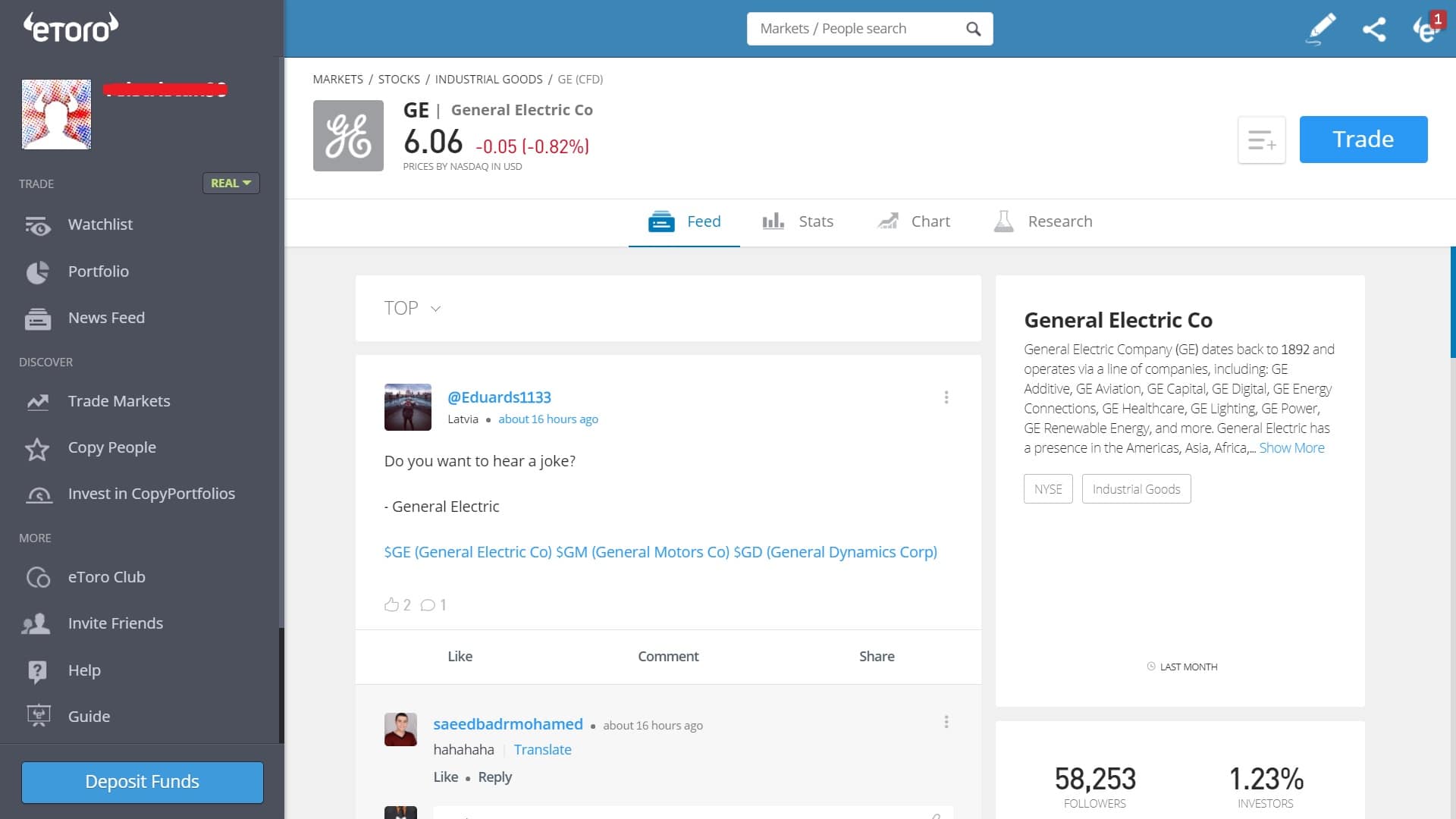

Finance
Enhanced Indexing Definition
Published: November 18, 2023
Learn the enhanced indexing definition in finance and how it influences investment strategies to maximize returns. Find out more about finance and enhanced indexing at our website.
(Many of the links in this article redirect to a specific reviewed product. Your purchase of these products through affiliate links helps to generate commission for LiveWell, at no extra cost. Learn more)
Unlocking the Power of Enhanced Indexing in Finance
For anyone interested in the world of finance, understanding the concept of enhanced indexing is crucial. This powerful strategy allows investors to achieve better returns by closely tracking a specific index while also making targeted investment decisions. In this article, we dive into the intricacies of enhanced indexing and why it is a game-changer in the world of finance.
Key Takeaways:
- Enhanced indexing combines passive and active investment strategies to provide higher returns than traditional indexing.
- It aims to outperform the returns of a chosen benchmark index by exploiting market inefficiencies and implementing systematic strategies.
What is Enhanced Indexing?
Enhanced indexing, also known as smart beta, is an investment strategy that aims to outperform traditional passive index funds. It combines elements of both passive and active investing by closely tracking a specific index while incorporating specific investment strategies to generate higher returns.
So, how does it work? Enhanced indexing takes advantage of market inefficiencies or factors that are not considered in traditional indexing approaches. It does this by employing sophisticated financial models, advanced risk management techniques, or specific investment factors to enhance the overall returns of the portfolio.
In simpler terms, enhanced indexing aims to do better than the index it is tracking by actively selecting securities or weighting them differently. This way, investors have the potential to generate alpha – returns above the benchmark index – while still benefiting from the diversification advantages of passive investing.
Why is Enhanced Indexing Important in Finance?
Enhanced indexing has gained popularity in recent years due to several key reasons:
- Diversification: Just like traditional index funds, enhanced indexing offers investors broad market exposure and diversification benefits, reducing the risk associated with individual stocks or sectors.
- Transparency: Enhanced indexing strategies are often rules-based and transparent, allowing investors to understand the underlying components and how the portfolio mimics the chosen index.
- Lower Costs: Compared to actively managed funds, enhanced indexing strategies typically have lower expense ratios as they aim to passively track an index. This helps investors save on management fees and boosts overall returns.
- Potential for Outperformance: By combining active elements with passive strategies, enhanced indexing offers the potential to outperform traditional index funds. The inclusion of specific investment factors or targeted strategies allows investors to capitalize on market anomalies and generate higher returns.
In Conclusion
Enhanced indexing, or smart beta, represents a powerful tool in the finance world, offering investors the potential to achieve better returns while still enjoying the benefits of passive investing. By closely tracking a benchmark index and incorporating specific investment strategies, enhanced indexing can outperform traditional index funds and generate alpha. With its diversification advantages, transparency, and potential for outperformance, it’s no wonder that enhanced indexing has become increasingly popular among investors.
So, if you’re looking to take your investment strategy to the next level, consider exploring the world of enhanced indexing and unlock the potential for higher returns in the finance market.














